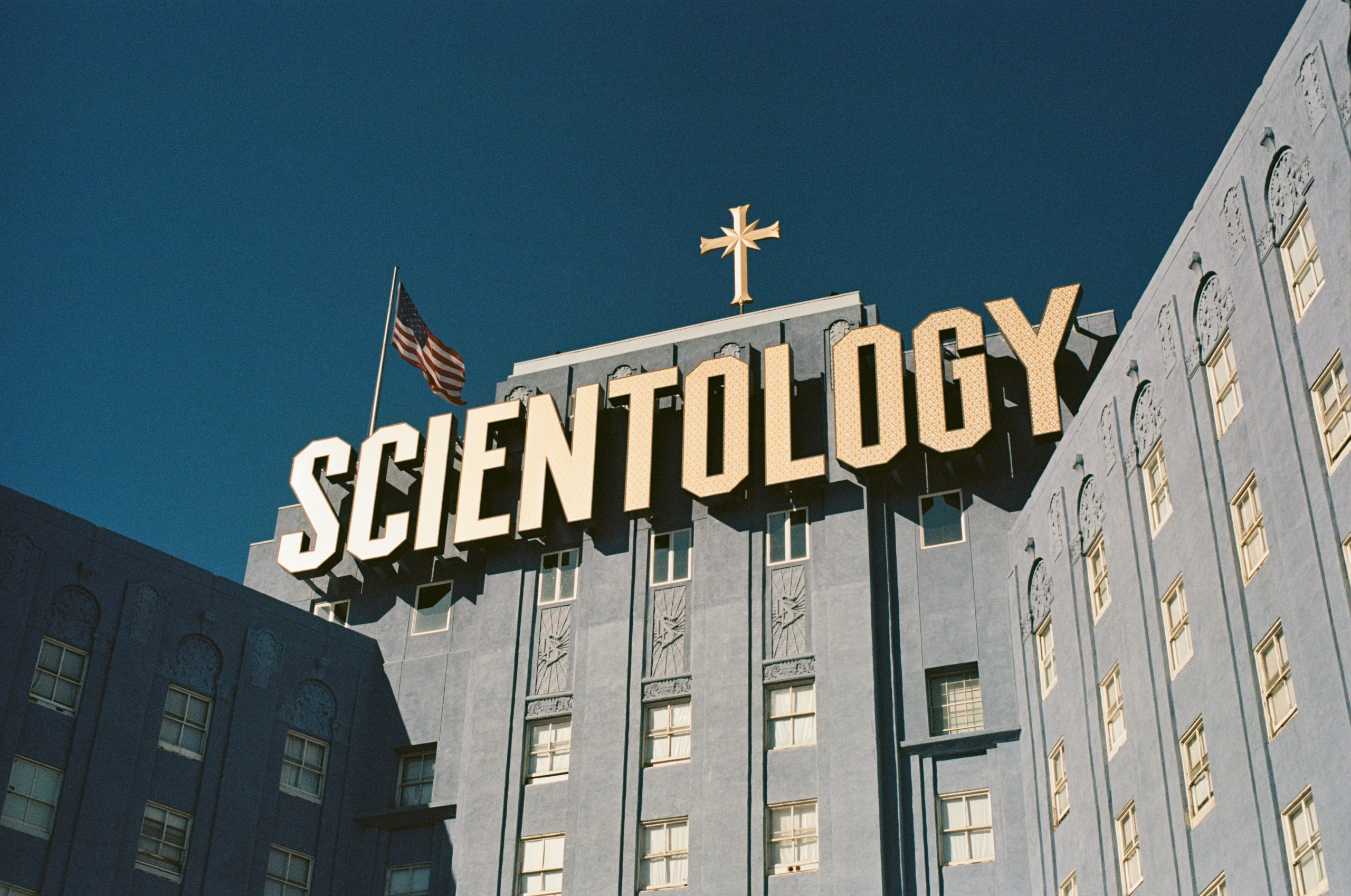
Lauren C. Moye, FISM News
[elfsight_social_share_buttons id=”1″]
The Church of Scientology wants the U.S. Supreme Court to force three ex-members who have sued the organization over harassment received after reporting actor Danny Masterton for sexual abuse to move the case from civil courts to a “religious arbitration” system.
While SCOTUS has not yet signaled that they will pick up Superior Court v. Bixler, the case does test the limits of free exercise of religion. In particular, it would ask justices to consider if a person can sign away their constitutional rights when joining a religious organization. It also asks at what point the court system can intervene against religious laws.
The women involved, led by plaintiff Chrissie Carnell Bixler, are former Scientologists who have disavowed the secretive and cult-like religion.
During the #MeToo movement, they reported Scientologist and “That 70s Show” actor Danny Masterson to the police for sexual abuse. Shortly after this point, the women began to experience extreme harassment and intimidation. According to the New Republic, this included “surveillance, hacking attempts, wiretaps, property damage, attempted arson, threatening phone calls, pet killings, and more.”
Bixler and the other two women blamed the Church of Scientology, which has a history of harassing perceived enemies under a “Fair Game” religious policy. They opened a lawsuit against their former religion, which led to Superior Court v. Bixler.
The church claimed that the “Fair Game” policy has been suppressed since 1968 by the organization’s founder, L. Ron Hubbard. They were innocent of the harassment.
They then demanded that the case be moved out of civil litigation and into their own supervised religious arbitration system.
To support this, the church’s lawyers produced agreements signed by the plaintiffs that show they signed away a right to sue or seek legal redress against the church in favor of a religious arbitration process overseen by “Scientologists in good standing with the Mother Church.”
At least two of these signed contracts also stipulated that satellite organizations and employees also could not be publicly litigated against.
A California judge sided with the church that the contracts meant the women should subject themselves to the biased religious arbitration system.
An appeals court overturned this initial ruling. They found that “one of the prices of joining its religion…is eternal submission to a religious forum—a sub silencio waiver of petitioners’ constitutional right to extricate themselves from the faith.”
The court added, “The Constitution forbids a price that high.”
However, the church now claims that the application of the First Amendment to the women also infringes their own ability to exercise religion free from government interference.
“The notion that the First Amendment empowers the state to regulate the covenant between a church and its congregation could not be more wrong or dangerous,” the church stated in their SCOTUS petition. “Rather, the First Amendment forbids the state to weigh the reasonableness of the ‘price’ of joining a religion, whether that price be a baptism, bris, holy communion, or an agreement to be bound by ecclesiastical law in all dealings with the religion.”
The California Supreme Court refused to pick up the case, leaving SCOTUS as the final authority to potentially provide a ruling in the case.
